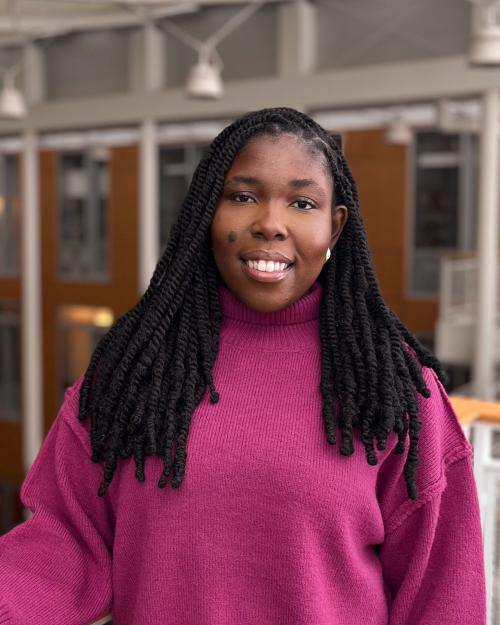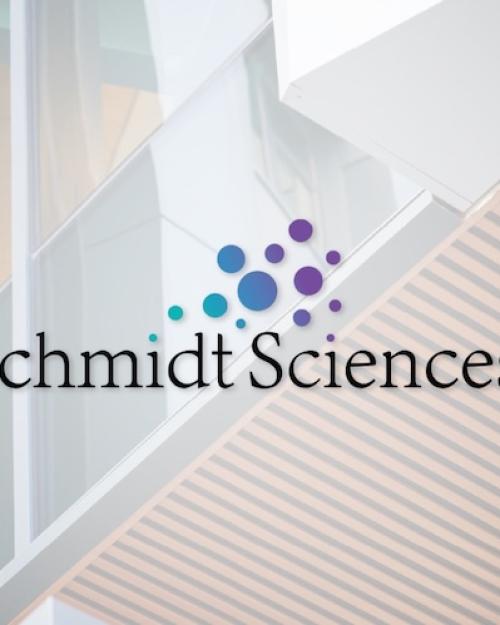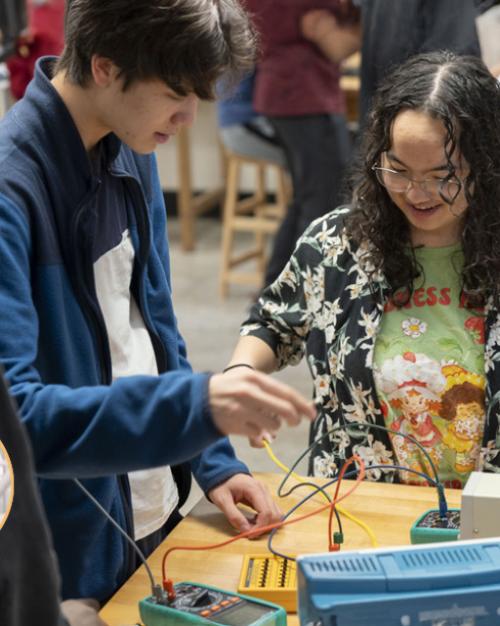The research of psychology professor Melissa Ferguson, also senior associate dean of social sciences in the College of Arts & Sciences, is featured in this opinion piece on CNN with co-author Jeremy Cone, assistant professor of psychology at Williams College. The piece focuses on the role of tech companies in the spread of fake news and misinformation.
"Our new research shows that fact-checking prevents misinformation from shaping our thoughts — even our automatic and uncontrollable perceptions," they write. "When fact-checking calls out what isn't credible, much of the influence that may have been done to our perceptions is undone. Fact-checking works, if done properly, and it needs the support of tech companies.
"In a paper we recently published, we focused on how new information about an individual affects participants' opinions and feelings about that individual. Across seven experiments with over 3,100 participants, we determined not only their consciously reported feelings, but also their automatic, gut-level reactions."




